There are the upsides. We couldn’t do half of what we do today without technology. It’s made us smarter, more collaborative, and the benefits are clear even if it’s just writing an essay on Google docs or incorporating video into a bio lab report, or skittering through an Excel spreadsheet. But it’s also arriving with unprecedented force, delivered at ever higher pressurized streams. It’s like fracking, that practice of drilling into shale deposits and injecting super compressed fluids - “slick water” with “proppants” - to drive out oil or natural gas trapped in the rock. With technology fracking, the aps, news, entertainment, and social media injected into the bedrock of communities is consequential. It raises the question: what’s being damaged?
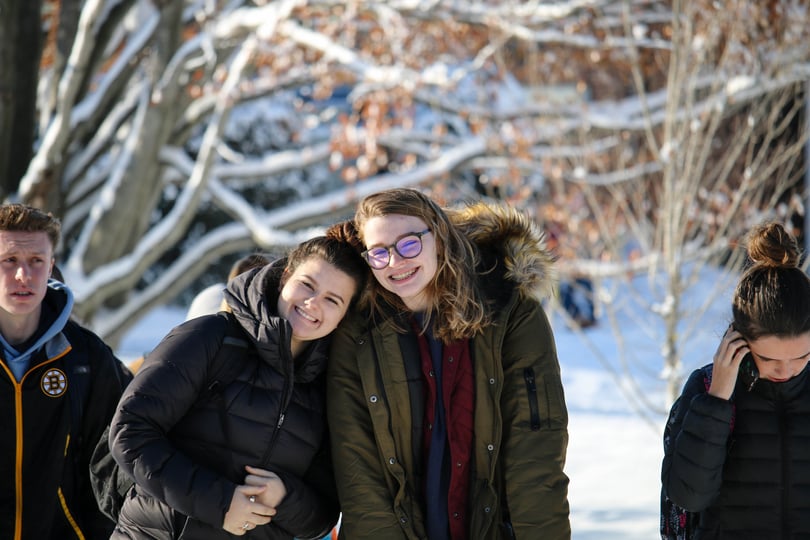
We’ve had a spate of issues around technology since the return from the winter break, mostly around social interactions between students and all involving breaches of etiquette, lapses of judgement, unintentional (or intentional) meanness - a gamut of mistakes that have resulted in responses that range from educational conversations to more serious discipline. Social media is the common denominator in the dislocation of common sense and compassion. Communities - and I am not just talking about Proctor - are reaching an inflection point.
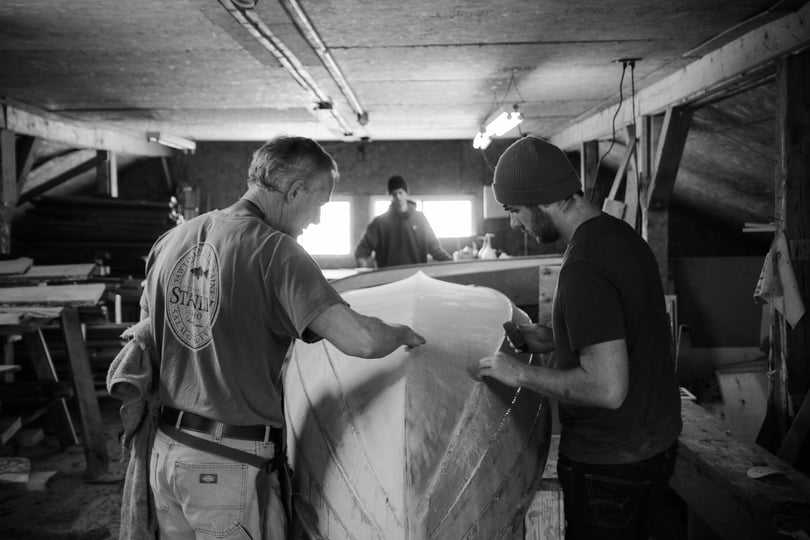
You can see the work of technology fracking everywhere. When I walk into an assembly and scan the room, there’s something different today than ten years ago. That blue, gas light of screen flickering is everywhere. A third of the students on their devices? More? Heads bend down, eyes avert to the screen, and there are fewer conversations, fewer looks around the room, fewer connections before assemblies start. I see the same thing in the Dining Commons, a space designed to create and enhance community and where ten years ago you never would have seen this: cell phones sliding out, parked like electronic napkins to be lifted and dabbed at the corners of a diner’s narrowing community consciousness. We need to take back these spaces; technology shouldn’t be allowed to tunnel everywhere. We need protected community spaces just like we need protected wilderness.
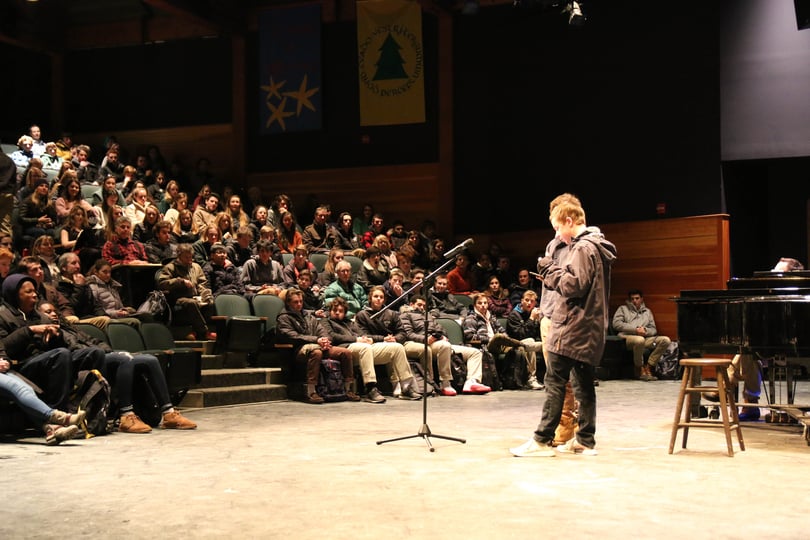
We’ve all watched technology pull a productive voice out of a discussion, watched the furtive text, watched fingers skim a keyboard. In meetings you can feel the collaboration ebb and resentment build in those still engaged in the eye-to-eye work while the user, often oblivious, clatters away in their little dopamine happy space. When a multi-tasking apologist pipes up about all the new connections being made, efficiencies gleaned, and productivity enhancements, it’s clear they are not thinking about true collaboration, the community’s groundwater, and the value of keeping it potable.
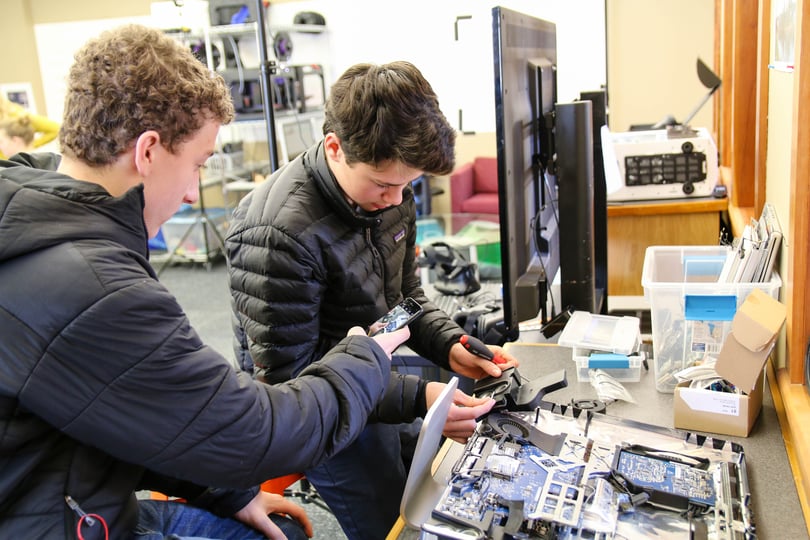
So what to do? Let the technology fracking continue unabated and unregulated? Give in to the overwhelming? Wait for the final dissolution of communities? I wrote earlier in the year about right-sizing technology. Most of Proctor’s tech-free zones are found in off-campus programs like Mountain Classroom and Ocean Classroom, but now we are talking more about and working to change the technology culture on campus. We have to. It’s not just that the last few weeks have suddenly raised our collective consciousness, but we do feel a collective shuddering as the bedrock seems to shift. We have to step into this space to protect our community, the Proctor family, as we should all be stepping into this space. It’s a localized issue and not just happening in some distant state like North Dakota or Texas.
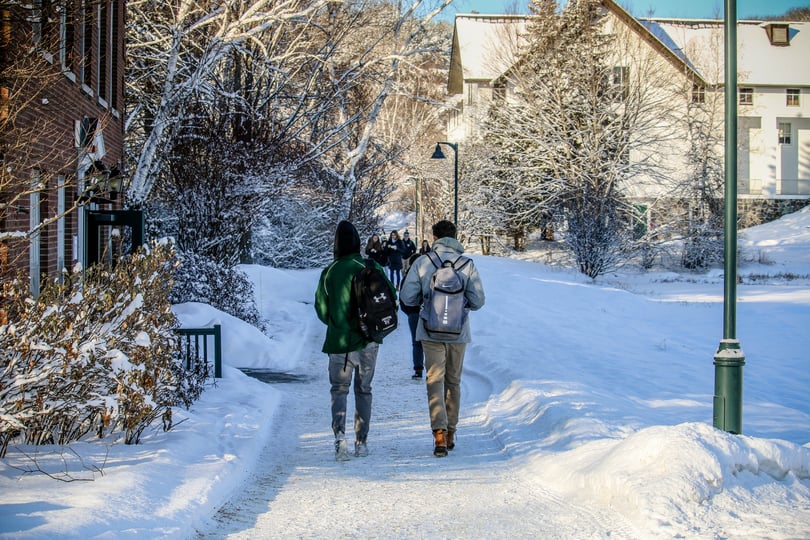
If you are looking for a jarring, productive read on technology and teenagers, pick up a copy of Jean Twenge’s book iGen. I would love to hear your thoughts as well.

Mike Henriques P'11, P'15
Proctor Academy Head of School








